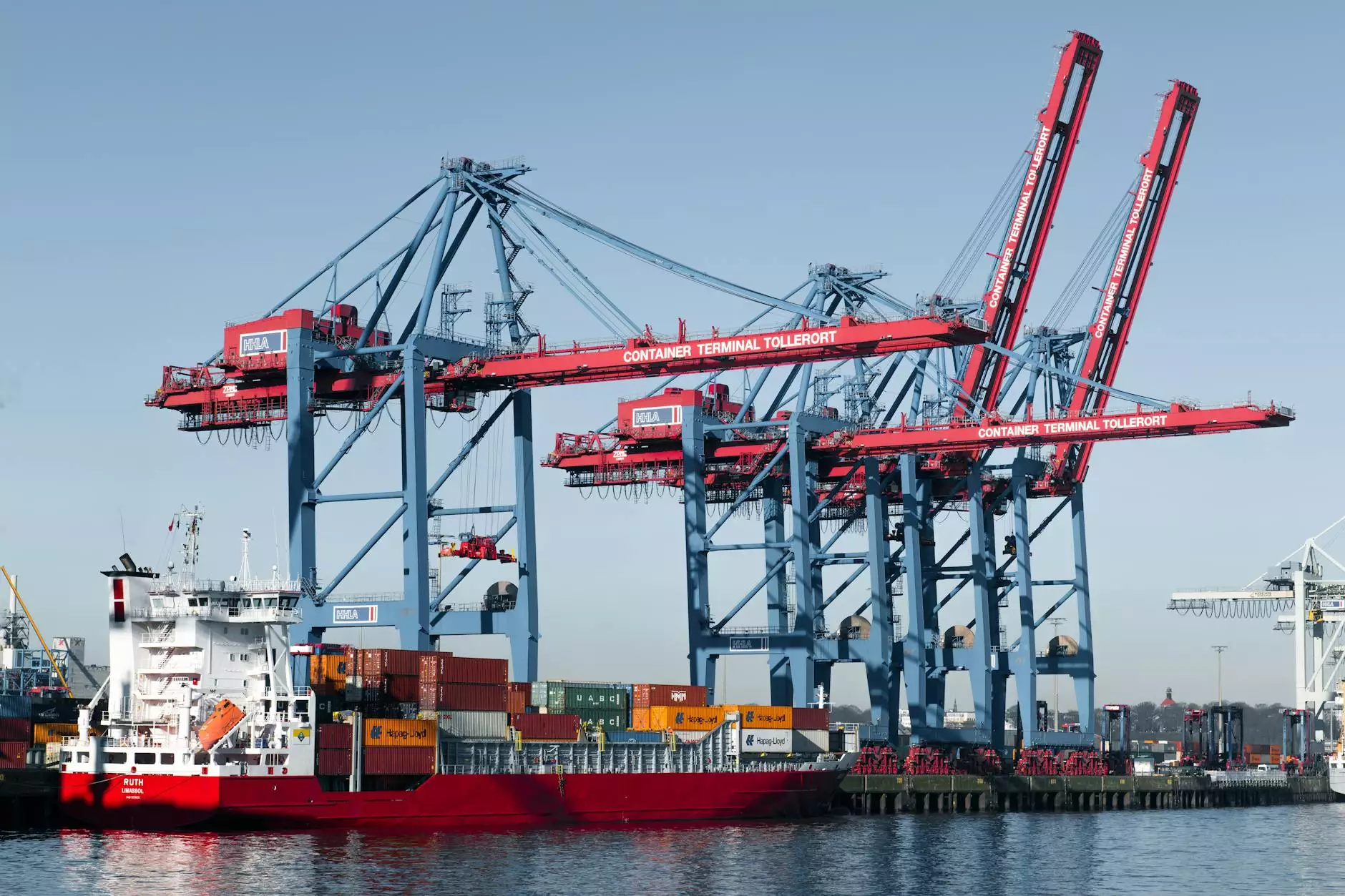The Rise of Prop-Trading Firms: Revolutionizing Financial Services

In the ever-evolving landscape of financial services, prop-trading firms have emerged as significant players, reshaping the dynamics of trading in capital markets. These firms operate by utilizing their own capital to engage in trading activities, often allowing for greater flexibility and higher risk tolerance than traditional investment avenues. In this article, we will explore the concept of prop-trading firms, their operations, benefits, and their role in the broader financial ecosystem.
What is a Prop-Trading Firm?
A prop-trading firm is a company that trades financial instruments such as stocks, bonds, options, forex, and commodities using its own capital rather than clients' funds. This independence grants prop traders the liberty to make rapid and strategic decisions based on market trends, proprietary analysis, and internal risk assessments. Unlike conventional asset managers, prop traders do not have client obligations; their primary goal is to generate profits from trading activities.
How Prop-Trading Firms Operate
Understanding how these firms operate provides insight into their appeal and effectiveness. The operations of a typical prop-trading firm can be broken down into several essential components:
- Capital Allocation: Prop-trading firms utilize their own funds, which allows them to take on greater risks. The firm's capital is pooled together to maximize trading opportunities.
- Leverage: Many prop-trading firms utilize significant leverage, enabling traders to control larger positions than their capital would typically allow.
- Trading Strategies: Firms often employ various trading strategies, including high-frequency trading, arbitrage, market making, and quantitative trading, leveraging advanced algorithms and technology.
- Risk Management: Effective risk management systems are crucial. Prop-traders implement strict risk controls to mitigate losses, often using sophisticated modeling techniques.
- Profit Sharing: Traders typically receive a portion of the profits generated from their trading activities, which incentivizes performance and aligns individual goals with that of the firm.
The Evolution of Prop-Trading Firms
The landscape of traditional trading has undergone significant changes over the past two decades, giving rise to prop-trading firms. Here is a brief overview of this evolution:
2000s: The Dawn of Electronic Trading
The early 2000s saw the rapid adoption of electronic trading platforms. This development enabled prop-trading firms to operate efficiently, leverage algorithms, and execute trades at lightning speed. As technology improved, the barriers to entry decreased, resulting in an explosion of new prop-trading firms.
2010s: Regulation and Competition
As the financial crisis of 2008 led to increased regulatory scrutiny, many traditional banks scaled back proprietary trading activities. This created a vacuum that was quickly filled by agile prop-trading firms adept at capitalizing on market inefficiencies.
Benefits of Prop-Trading Firms
Prop-trading firms offer numerous advantages that contribute to their growing popularity in the financial services sector:
Enhanced Flexibility
With their own capital at stake, prop-traders enjoy the freedom to execute trades without external client expectations. This flexibility allows them to adapt to changing market conditions quickly.
Profit Maximization
By leveraging sophisticated trading strategies and technology, prop-trading firms can maximize profits. The combination of skillful trading and access to cutting-edge resources leads to potentially higher returns.
Talent Development
Prop-trading firms often invest in their traders, providing comprehensive training programs, mentorship opportunities, and access to professional development resources. This creates an environment conducive to skill enhancement and knowledge sharing.
Risk Management Innovations
The focus on risk management differentiates prop-trading firms from competitors. Many employ advanced risk assessment tools and models to evaluate and manage their trading exposure effectively.
Challenges Facing Prop-Trading Firms
Despite their many advantages, prop-trading firms are not without challenges. Here are some key obstacles they must navigate:
Market Volatility
The unpredictable nature of financial markets can pose significant risks to prop-trading strategies. Sudden market shifts can lead to substantial losses if effective risk management practices are not in place.
Competition
The increasing number of market participants, including hedge funds and retail traders, intensifies competition. Prop-trading firms must consistently innovate and develop superior trading strategies to maintain their edge.
Regulatory Scrutiny
As the financial landscape evolves, regulatory bodies continue to enhance oversight of trading activities. Compliance with regulations is crucial to avoiding penalties and ensuring operational viability.
Future Trends in Prop-Trading
The future of prop-trading firms looks promising, with several emerging trends that could shape their trajectory:
Emphasis on Technology
As technology advances, prop-trading firms are likely to utilize artificial intelligence and machine learning to analyze vast datasets, identify trends, and execute trades automatically. This technological integration will further enhance their competitive capabilities.
Environmental, Social, and Governance (ESG) Considerations
Investors are increasingly prioritizing sustainable and ethical investing. Prop-trading firms will need to incorporate ESG considerations into their trading strategies to meet stakeholders' expectations and regulatory demands.
Global Expansion
With the advent of online trading platforms, prop-trading firms can expand their reach beyond local markets. As they explore international opportunities, they can tap into new revenue streams and diversify their trading portfolios.
Conclusion: Embracing the Evolution
In conclusion, prop-trading firms are revolutionizing the financial services industry through innovation, flexibility, and advanced technology. Their ability to operate independently with their own capital allows them to pursue profit maximization while navigating the complexities of financial markets. As we look toward the future, it is clear that these firms will continue to play a pivotal role in shaping trading strategies and influencing market dynamics. By embracing technology, recognizing the importance of ESG factors, and expanding globally, prop-trading firms will thrive in the ever-evolving financial landscape.
For those looking to explore the world of trading and investment, partnering with a reputable prop-trading firm like Instant Funding Now can be a strategic move. With the right knowledge, tools, and resources, traders can unlock unprecedented opportunities for success in the financial services sector.









